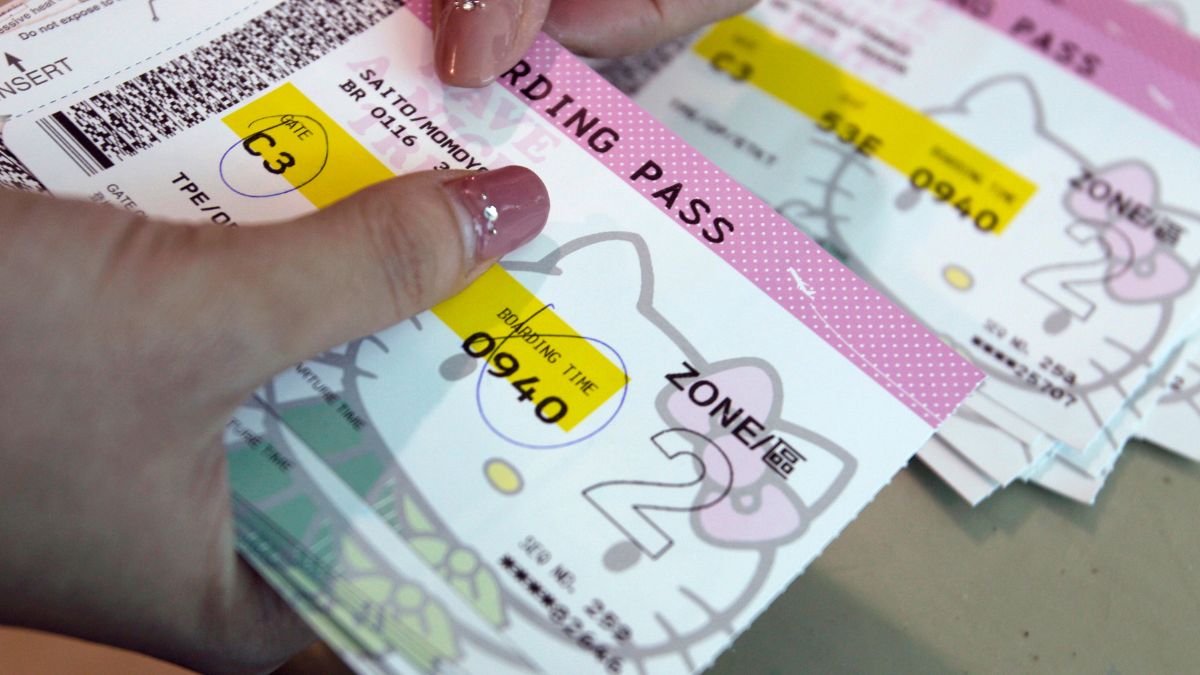A dramatic transformation is on the horizon for global air travel, as authorities and technology firms prepare to phase out one of the most fundamental elements of flying: the boarding pass.
Backed by a major policy shift from the International Civil Aviation Organisation (ICAO), the coming years could mark the end of traditional check-ins and physical travel documents, as the industry embraces a future powered by biometric identity and digital credentials.
What is changing and who’s leading it
The ICAO, the specialised United Nations agency that sets international standards for civil aviation, is spearheading a move to eliminate long-standing processes such as check-in procedures and boarding pass issuance.
The organisation plans to implement new digital protocols that could be adopted worldwide within two to three years, radically reshaping how passengers move through airports, according to UK’s The Times.
At the heart of this change is the proposed rollout of a “digital travel credential”, a secure form of identification that enables travellers to store verified passport data on their smartphones.
This digital credential will allow airports and airlines to verify a passenger’s identity using facial recognition systems rather than traditional documents. It represents one of the most sweeping overhauls in decades to how travellers interact with airlines and airport infrastructure.
What we know about the “journey pass”
The most significant shift in this overhaul is the replacement of boarding passes and manual check-ins with a digital “journey pass.”
This pass, which passengers would receive on their phones at the time of booking a flight, will contain all the essential travel details and will automatically reflect any changes made to their itinerary. This eliminates the need for passengers to check in online or at the airport.
Airlines will no longer depend on a check-in process to confirm who is boarding their flights. Instead, when travellers arrive at the airport, their presence will be recognised when their face is scanned at entry points, automatically notifying the airline systems that they are ready to travel.
This kind of digital continuity represents a sharp break from the existing airline systems, where passenger data is manually transferred between disconnected platforms.
“At the moment airlines have systems that are very siloed,” Valérie Viale, Director of Product Management at Amadeus, a global travel technology provider, told The Times.
“There’s the reservation system that, when check-in opens, makes a handshake with a delivery system and says ‘here are my reservations, you can now deliver them’. In the future, it’ll be far more continuous and the journey pass will be dynamic.”
How airports will adapt
For this new model to function effectively, airports across the globe will require a significant infrastructure revamp.
Key to the system’s success is the installation of facial recognition technology at major touchpoints — entry gates, bag drops, security checkpoints, and boarding gates — where passengers can be identified simply by scanning their face.
In addition, airport systems will need to be equipped to read passport data directly from mobile devices and ensure secure and instant data transfers to maintain real-time updates across various travel systems.
Also Watch:
These upgrades will have to be consistent and interoperable across the global airline industry — a major logistical challenge.
Viale acknowledged this issue, explaining that, “Many airline systems haven’t changed for more than 50 years because everything has to be consistent across the industry and interoperable.”
The shift to a unified, digitised approach requires collaboration across governments, technology providers, airlines, and airport operators to standardise procedures and systems.
What sets it apart
Another feature of the digital travel credential and journey pass is the ability to handle flight disruptions more efficiently.
In the event of delays or missed connections — especially those beyond the passenger’s control — the system could immediately alert affected travellers via mobile notifications, provide new boarding information and automatically update the digital pass with the latest flight details.
This streamlined process aims to minimise stress and uncertainty during travel disruptions and eliminate the need for passengers to queue at help desks or navigate customer service portals for assistance.
The data privacy question
While the upcoming digital travel ecosystem promises unparalleled convenience and efficiency, concerns around data privacy are unavoidable.
Since the new system involves scanning and storing sensitive biometric and travel data, privacy advocates and passengers alike have raised questions about how securely this information will be handled.
Amadeus, one of the companies involved in developing the new framework, says that privacy and data protection are built into the core of the system.
According to the firm, passenger data will be deleted within 15 seconds after each interaction with a “touchpoint” such as a pre-security gate or a boarding kiosk.
This brief data retention window is designed to ensure identity verification without retaining or mishandling personal information.
Also Watch:
This overhaul represents the most ambitious and comprehensive reform of passenger processing in recent memory. Industry leaders view it as a long-overdue update in a sector that has historically been slow to adapt to new technologies.
Viale described the magnitude of the change: “The last upgrade of great scale was the adoption of e-ticketing in the early 2000s. The industry has now decided it’s time to upgrade to modern systems that are more like what Amazon would use.”
With inputs from agencies


)

)
)
)
)
)
)
)
)



